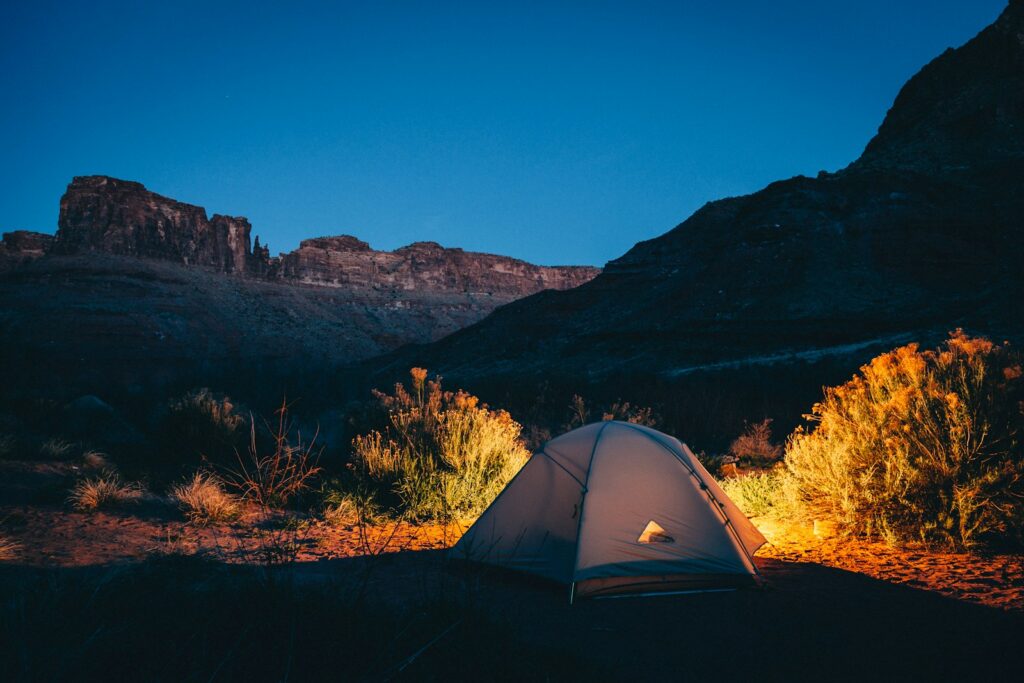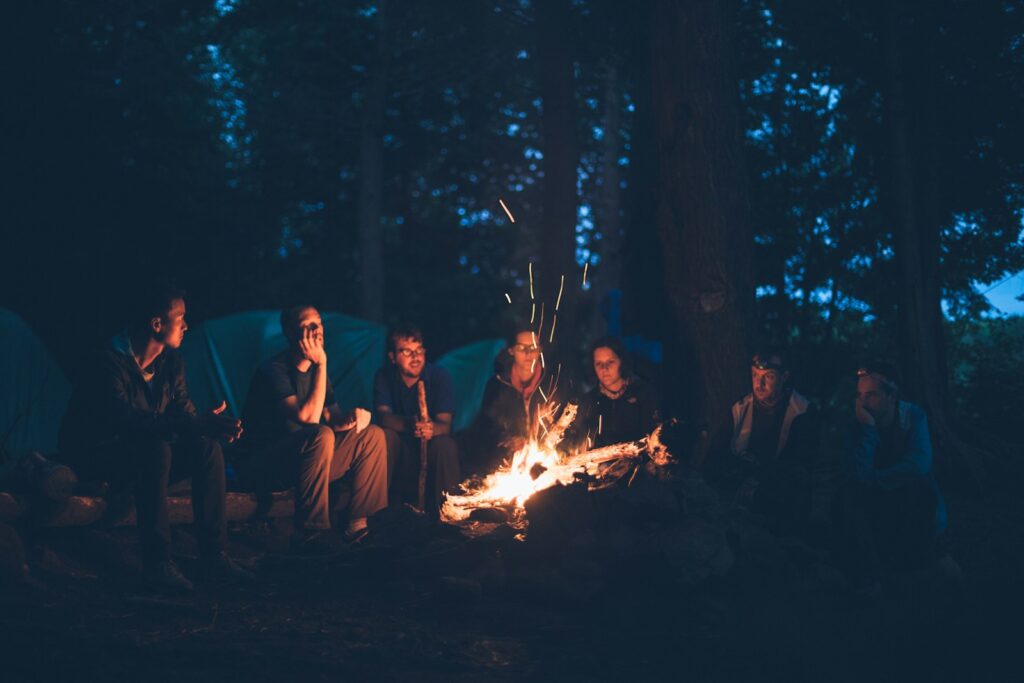
Camping is very important to our hustle-bustle life. This article discusses camping challenges, nine common camping problems, and snow camping challenges.
Camping Challenge:
Camping is a recreational activity that is generally group-based. Families, groups of friends, or even organizations can plan camping trips as a way to bond as a team. Camping is the act of spending the night away from home in a shelter, such as a tent or a recreational vehicle. In search of enjoyable activities, people usually leave developed areas to spend time outside in more natural ones.
Camping trips are commonly associated with roughing it in tents and leaving yourself vulnerable to the elements. For you and your family, going camping can be an amazing adventure, but there are many obstacles to overcome that might ruin the fun and make you want to go home. If you’re worried about difficulties or have experienced them in the past, here are some tips to ensure your next camping trip goes off without a hitch.
Nine Camping Problems:
Camping can refresh your mental health, but camping challenges can hinder your enjoyable time with family and friends. Let’s discuss some common camping challenges and how to solve them:
- Inside your tent, it’s pouring rain.
Your tent needs a separate fly that covers the entire tent, not just a half-fly that leaves the bottom exposed. Ensure you use tent pegs to fix the fly and keep it taut when setting up a two-person or four-person tent. Water will not be able to infiltrate through the inner layer as a result. - You must eat, but there is a fire ban in effect.
The west coast of North America frequently has fire restrictions, so be sure to check the weather before your trip. You can’t rely on cooking over a campfire. A portable grill with sturdy cast-iron cooking grates and fold-out side tables can become a favorite for keeping your kitchen organized. - You usually have cold feet.
Start by changing your socks. Even if they don’t feel damp, they might still retain moisture. If your toes are frozen after activities like swimming or water skiing, try a pair of down booties for added warmth. - There is water around, but not a drop to sip.
You can safely drink from any freshwater lake or stream by using a sterilizing straw. It’s great for emergencies, trekking, and international travel. - Your spouse wants to go to bed, but you want to read.
A red-lit headlamp is perfect for reading without bothering your spouse while camping. - Dinner in the dirt is the inevitable result of straining spaghetti.
Instead of struggling with pot covers, use a nesting cook set with a strong pot holder and convenient strainer holes in the lightweight cover. - Your camp chair broke again.
Not all camping chairs are made equal, and you often get what you pay for. Look for popular chairs at beaches or campgrounds; these are likely durable, comfortable, and come with useful features. - If you skip coffee, you’ll be miserable.
Fortunately, making coffee while camping is much easier now with options like French presses, Aeropresses, or single-serve instant coffee that tastes great. - Your mother is worried you may be lost.
Keep a handheld satellite communicator for peace of mind or emergencies. GPS is used by gadgets such as ZOLEO, SPOT, and Garmin in Reach to transmit help requests and disclose your whereabouts.
Challenges of Seasonal Camping:
Each season brings its own set of challenges. Even seasoned campers can be challenged by adjusting to inclement weather, maintaining safety in unknown areas, and adjusting to different daylight hours. Nonetheless, these difficulties are surmountable with enough planning and flexibility.
Snow Camping Challenges:
Anyone who has had a terrible time winter camping may not have been aware of the weather, brought the wrong equipment, or lacked proficiency in using the appropriate gear. Like any outdoor activity, plan ahead and prepare accordingly.
- High-energy foods:
You need more calories in the cold. Choose dehydrated meals high in carbohydrates to stay energized. Cereal, peanuts, chocolate, and energy bars are great sources. You can probably safely eat a snack before bed as there likely aren’t any bears in your region. - Sleeping pads:
Winter camping experts recommend bringing two sleeping pads. For optimal comfort and insulation, use an inflatable pad beneath a closed-cell foam hiking pad. Also, use a reflective thermal tarp underneath. Sleeping on a good pad is as important as what you sleep under because the cold ground can quickly sap your body heat. - First aid kit for backcountry travel:
Getting injured in the wilderness is tough, but getting hurt in the winter adds another layer of difficulty. It takes longer to return to civilization, and harsh weather can delay rescuers. Check out winter survival guides for essential first aid and emergency supply tips, and make sure you’re well-versed in winter camping safety.




